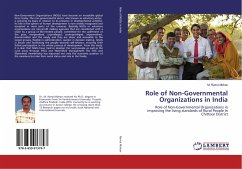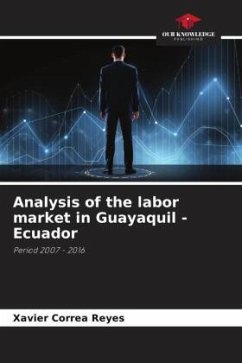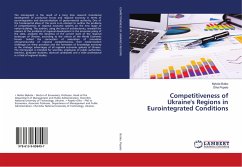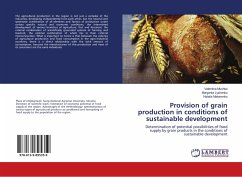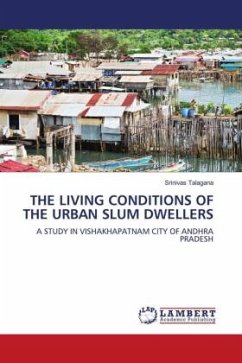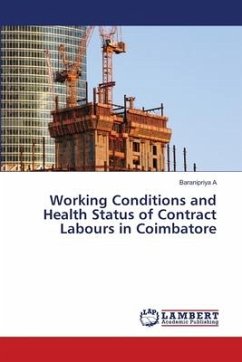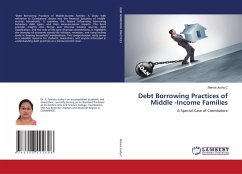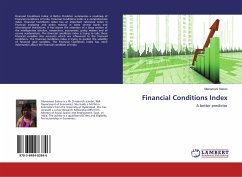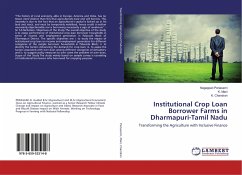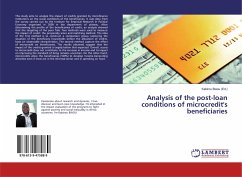
Analysis of the post-loan conditions of microcredit's beneficiaries
Versandkostenfrei!
Versandfertig in 6-10 Tagen
27,99 €
inkl. MwSt.

PAYBACK Punkte
14 °P sammeln!
This study aims to analyze the impact of credits granted by microfinance institutions on the social conditions of the beneficiaries. It uses data from the survey carried out by the Institute for Empirical Research in Political Economy organized in 2009 in the department of plateau. After determining the profile of the beneficiaries of credit, an analysis showed that the targeting of the poor fails. Two methods were used to measure the impact of credit: the propensity score and matching method. The idea of the first method is to construct a comparison group capturing the situation of the benefi...
This study aims to analyze the impact of credits granted by microfinance institutions on the social conditions of the beneficiaries. It uses data from the survey carried out by the Institute for Empirical Research in Political Economy organized in 2009 in the department of plateau. After determining the profile of the beneficiaries of credit, an analysis showed that the targeting of the poor fails. Two methods were used to measure the impact of credit: the propensity score and matching method. The idea of the first method is to construct a comparison group capturing the situation of the beneficiary households before the allocation of credits, basis on observable characteristics. The second method capture the effect of microcredit on beneficiaries. The results obtained suggest that the impact of the credits granted is largely below that expected. Overall, access to microcredit does not contribute to the increase in income and its impact on improving the standard of living remains uncertain. On the other hand, microcredits allow the beneficiaries (100%) to develop Income-Generating Activities even if most are in the informal sector and in spending on food.




